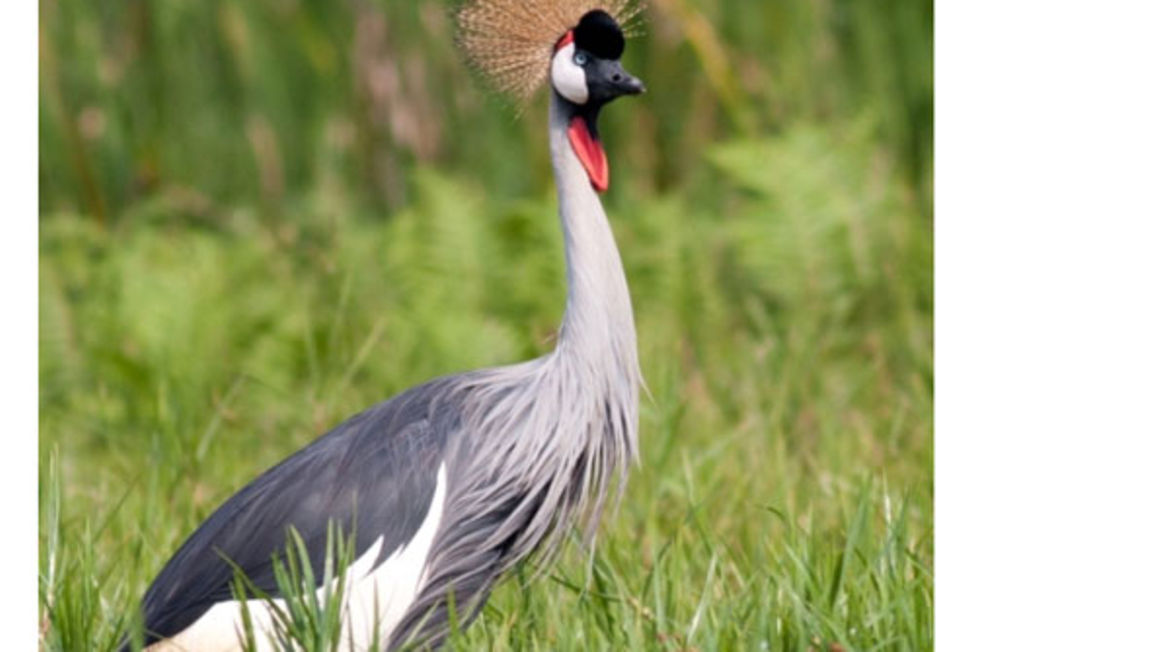Prime
Sensitise locals about wildlife conservation

About 100 Crested Cranes have been killed in Lwengo District since March 2021. PHOTO | COURTESY
What you need to know:
- The issue: Wildlife conservation
- Our view: At a time wildlife tourism is struggling to resurrect after being hard-hit by the Covid-19 pandemic, such reports are deplorable. Stakeholders in conservation and local leaders must ensure that citizens flutter with pride at seeing such birds as the Crested Cranes.
In a June 16 Daily Monitor story titled, ‘Lwengo farmers kill 100 crested cranes’, a farmer in Kiyanja-Kanku wetland in Lwengo District summed up everything that is so wrong. “They do not just target Crested Cranes”, the farmer said, “but kill all birds that destroy their crops. They use maize flour or seeds laced with pesticides, which they spread in their gardens to kill the birds”.
The human-wildlife conflict continues to be a major problem in conservation efforts. Humans have always demanded their rights against wildlife that they know cannot even express themselves beyond living their life naturally.
Even in glaring cases of encroachment on wildlife habitat such as wetlands, humans insist on their rights to farming, hunting, or living in such protected areas. Wetlands such as in Kiyanja-Kanku are protected areas and natural habitat and breeding grounds for birds and other wildlife.
Killing of any wildlife, including birds, is illegal but it should be of national concern when the Grey Crowned Crane is being targeted. Commonly called the crested crane, the bird is a national emblem because of its beauty and elegance, and therefore one of national significance to Uganda; it occupies a prime position on the National Flag and Coat of Arms.
Whereas it is conceivable that peasants can be ignorant to the point of encroaching on the natural habitats of these birds and still claim a right to kill them as they wish, it is telling on conservation awareness efforts. These farmers do not exist in a vacuum; they live in villages, a community, and therefore can be organised for awareness efforts.
It is not enough to talk about decentralisation and then receive reports of the killing of the Crested Cranes and other birds in such a manner.
There are glaring gaps in conservation efforts that all the stakeholders in the sector must account for. How much do local leaders on the ground know about conservation and what must be done to effect such awareness that they can impart in their villages? The Crested Crane is not just treasured for being a national emblem but, like most other birds in the country, are sources of forex earning through bird watching. Uganda is one of Africa’s richest bird watching areas whose papyrus-fringed swamps and wetlands are treasured as sanctuaries for the winged animals.
At a time wildlife tourism is struggling to resurrect after being hard-hit by the Covid-19 pandemic, such reports are deplorable. Stakeholders in conservation and local leaders must ensure that citizens flutter with pride at seeing such birds as the Crested Cranes.




